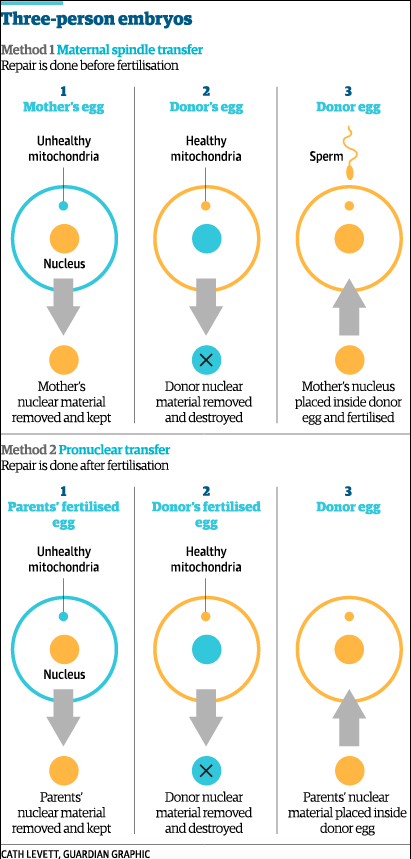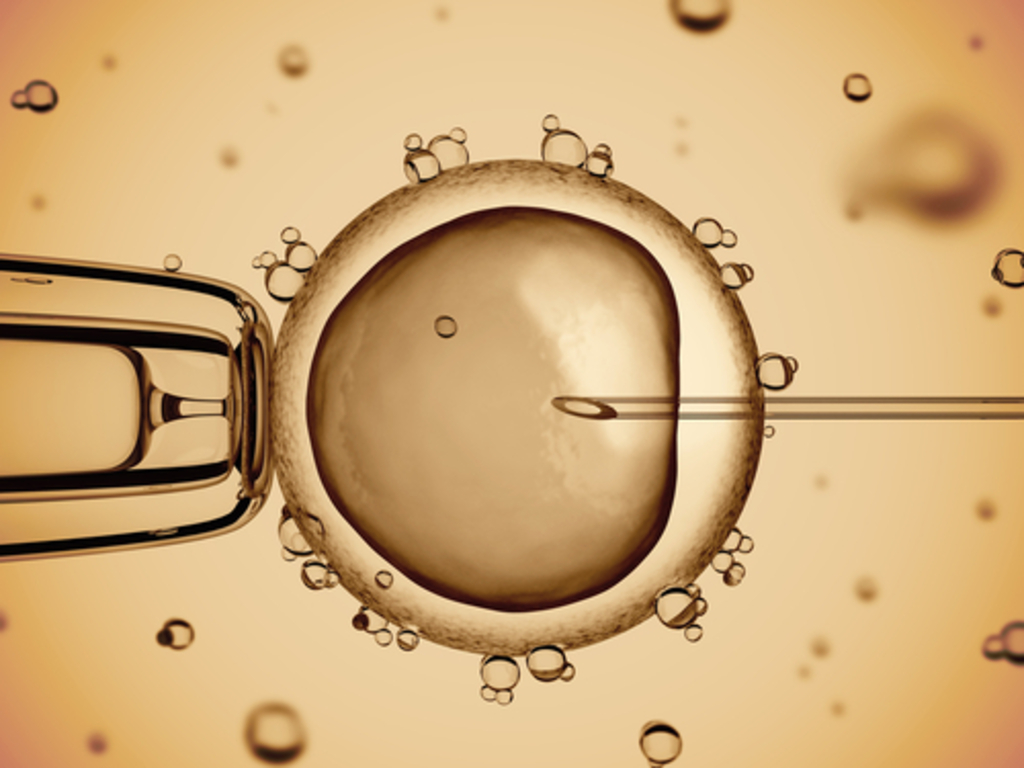It may sound like something out of a science fiction movie, but that’s what’s going down in the world of fertility treatments at the moment. The technique that doctors are asking to be approved is called mitochondrial replacement therapy (MRT), which uses a healthy donor’s mitochondria to replace a mother’s defective mitochondria.
This isn’t the first time this technique has been used but will be new to the UK if it is allowed. Earlier this year an MRT procedure was carried out by a US team that took place in Mexico. As of yet there is not much to report other than a baby boy was worn as a result, but scientists and doctors will be monitoring his development closely.
In the UK, the proposal is to be able to use MRT as an option to those women who are at risk of harming their unborn children by passing on a fatal genetic disorder. By using the therapy and a healthy donor’s mitochondria, this can be avoided. It’s currently being reviewed by the Human Fertilization and Embryology Authority (HFEA), and if it goes ahead, then clinics will be allowed to apply for the license to carry out the procedure and offer this invaluable treatment to their patients.

The team in Newcastle that put forward the proposal is ready and poised if it does go ahead. They already have a list put together of potential patients who may be suitable candidates for the treatment. Of course with every treatment, some risks need to be considered before carrying out MRT. Research has shown that small amounts of the defective DNA that stay in the MRT embryos may revert and the unborn child could still end being born with, or developing later, mitochondrial diseases.
However, after further research, the team discovered genetic signatures that helped predict what the chance of the faulty mitochondria coming back was. So, it’s just a waiting game now until December 15 when it will be decided if the therapy can go ahead. If it does, it will be a breakthrough for fertility treatments and give those that need it a better alternative to what’s available at the moment.
More News To Read











